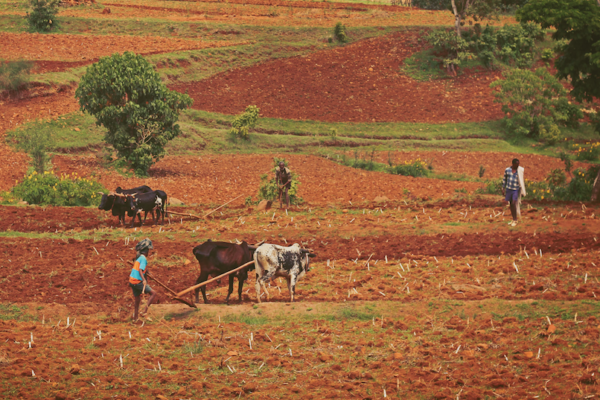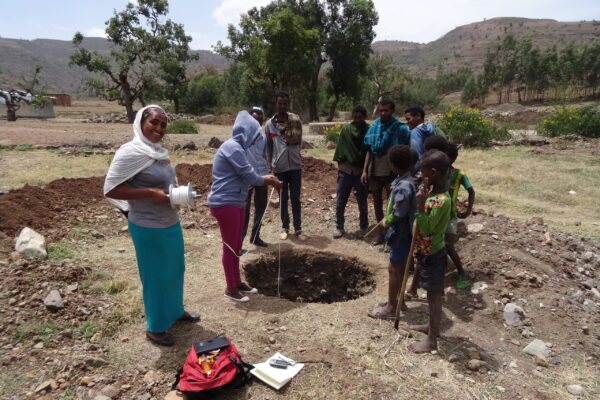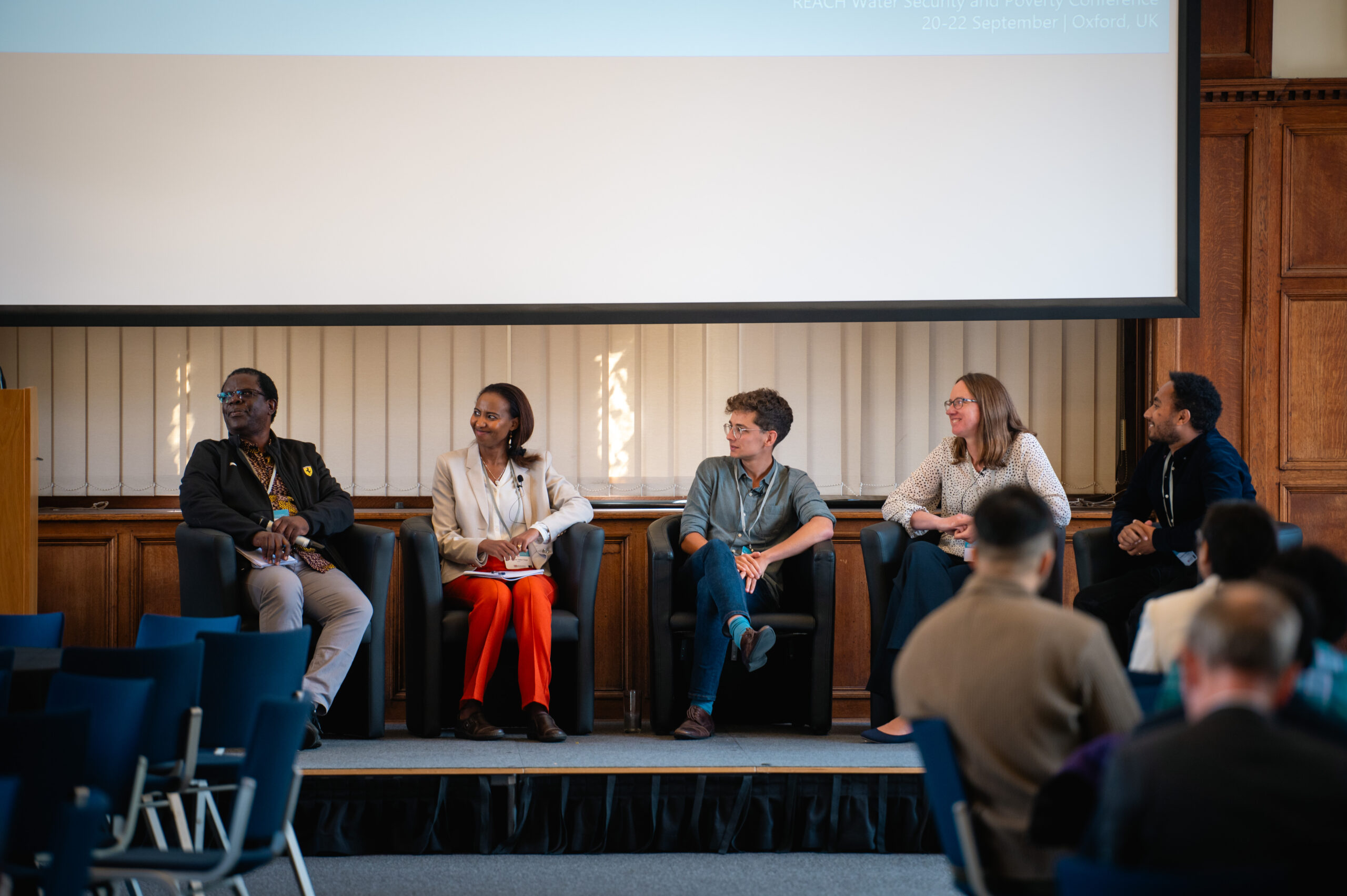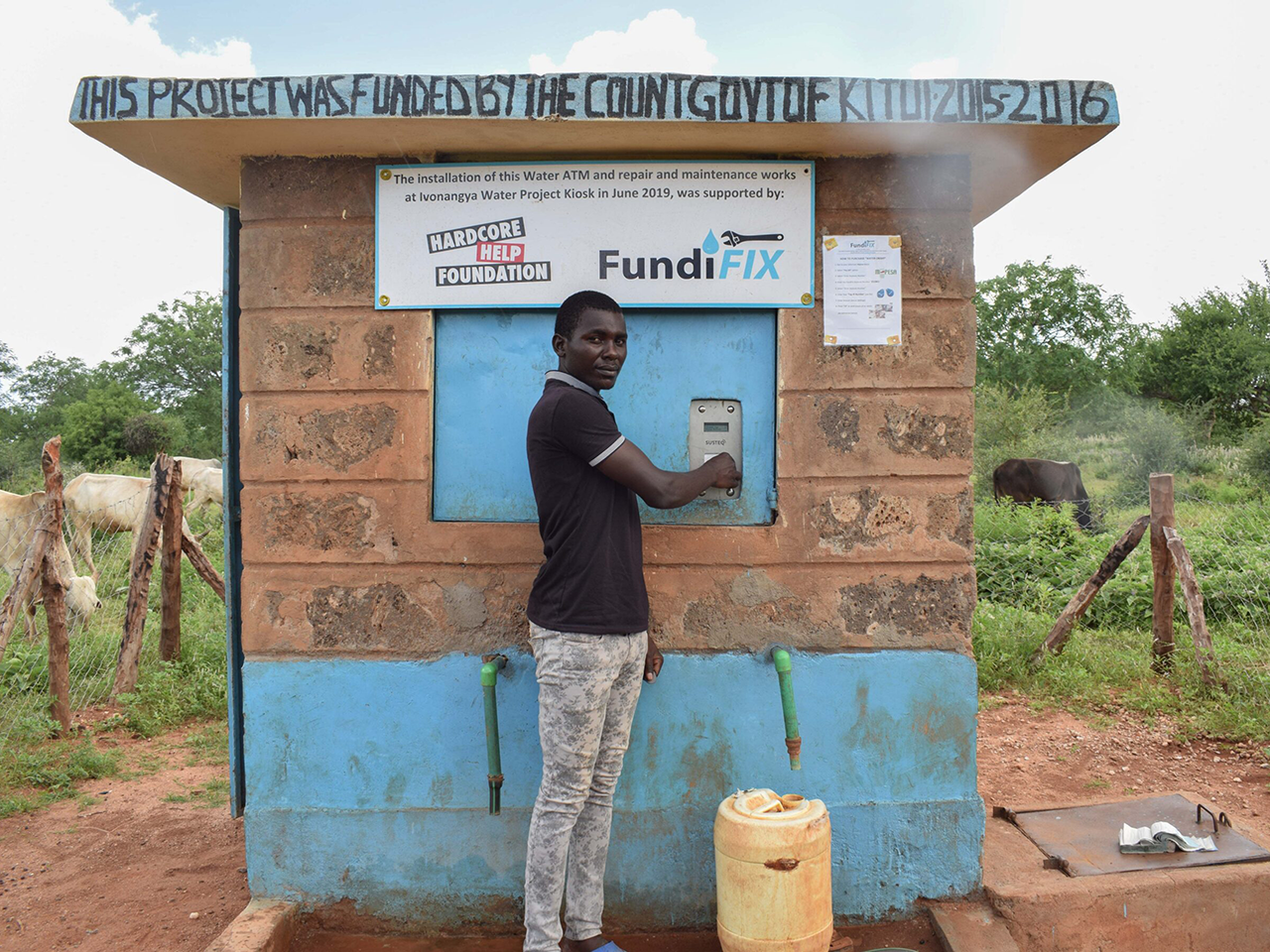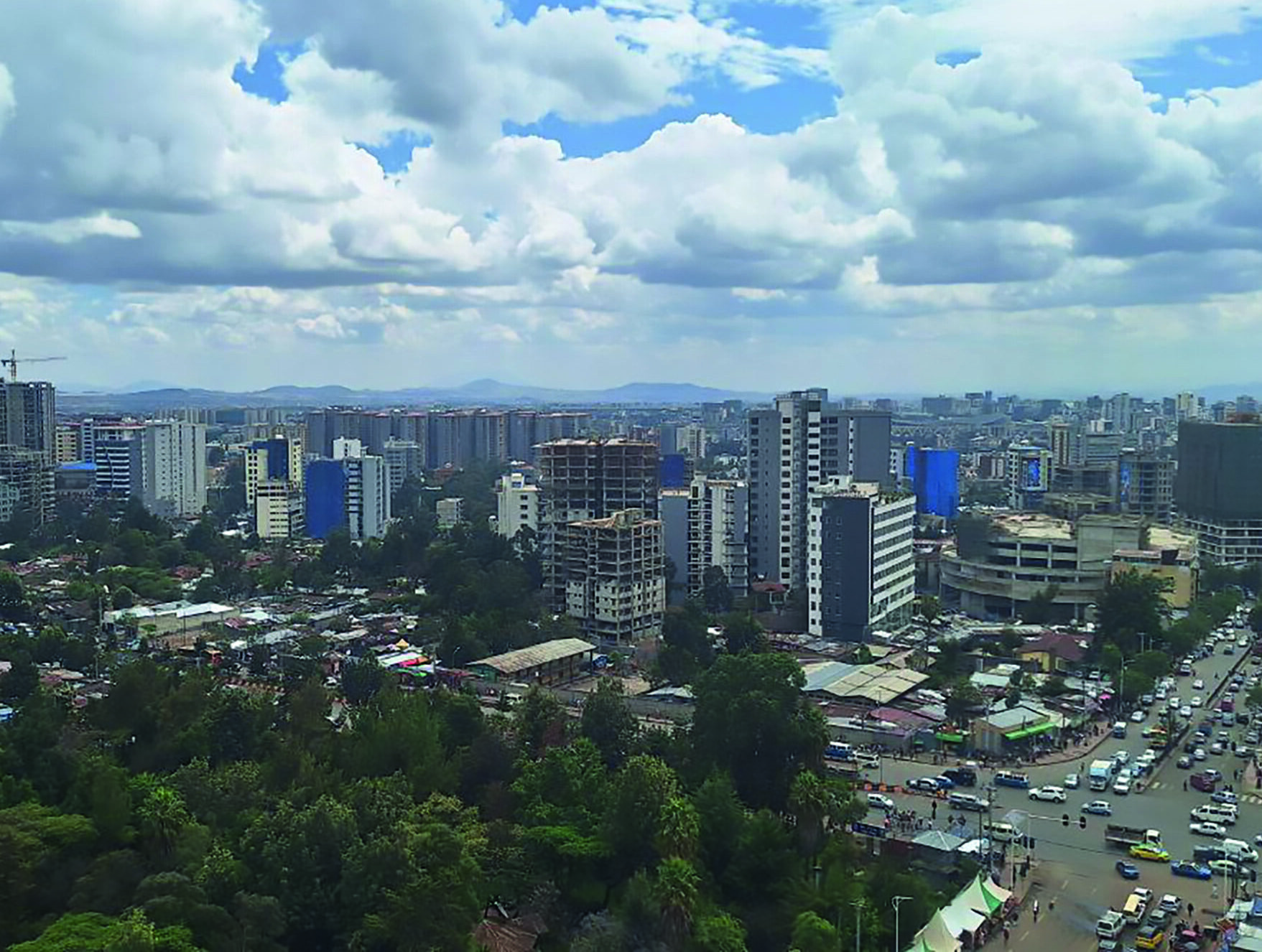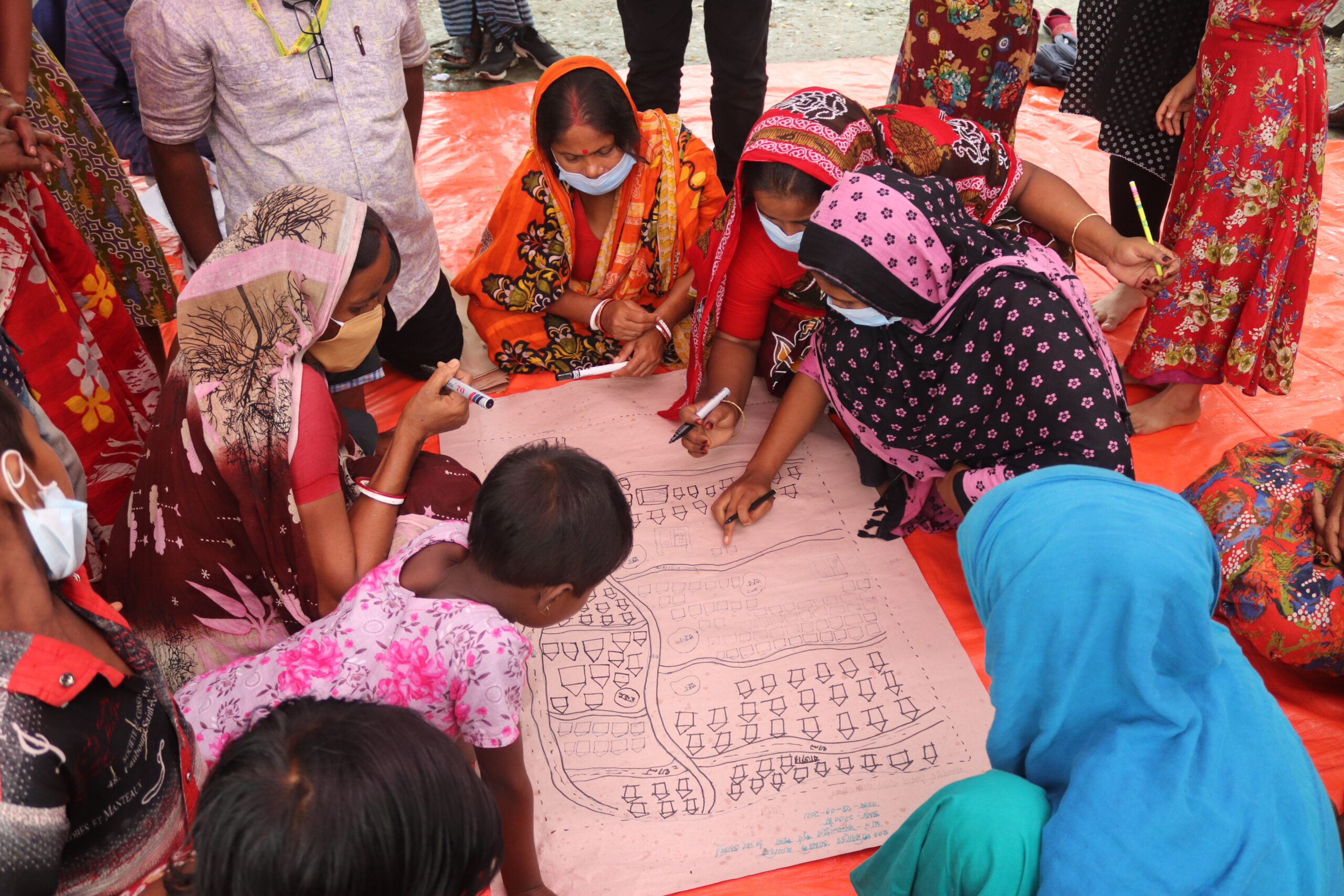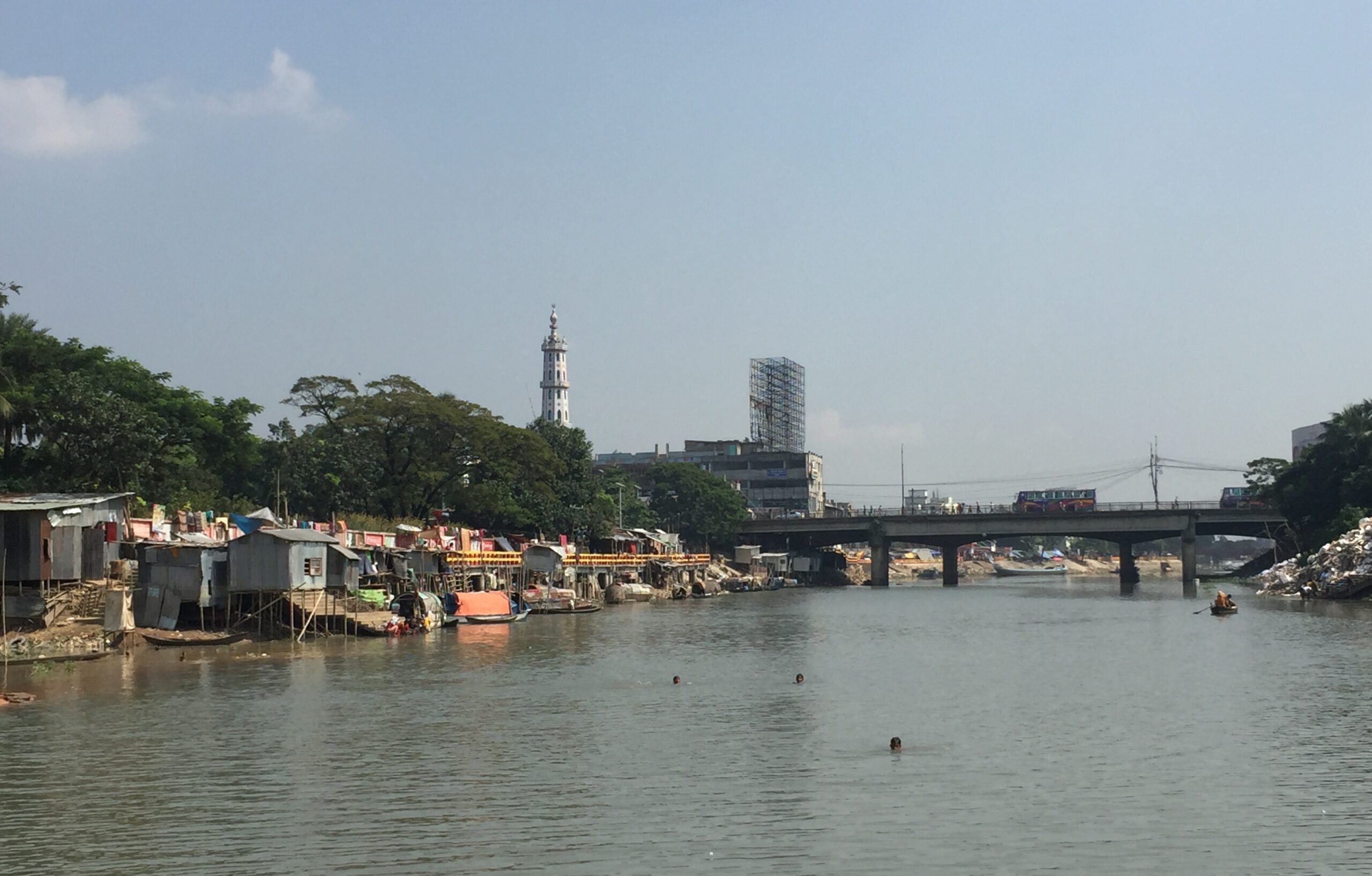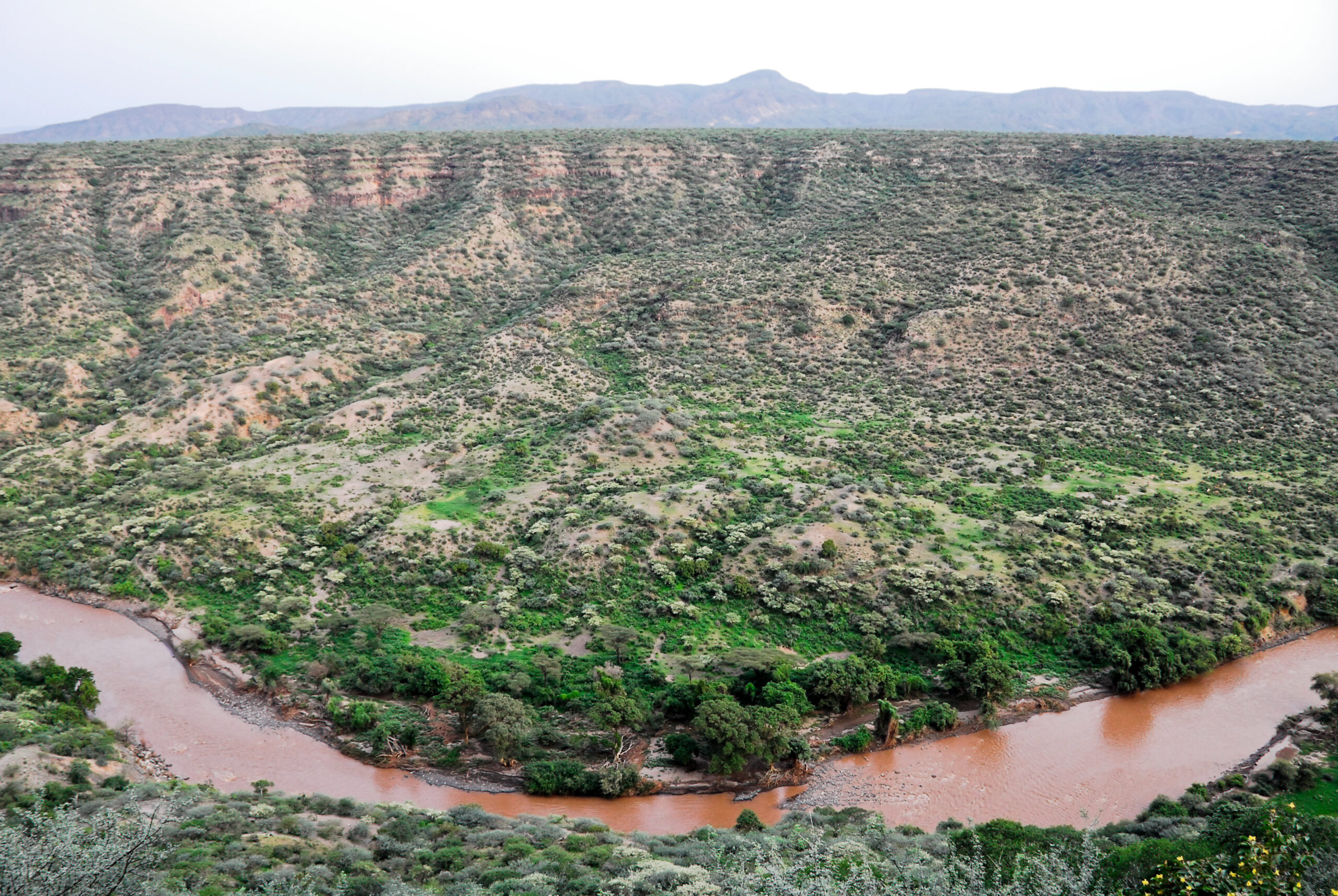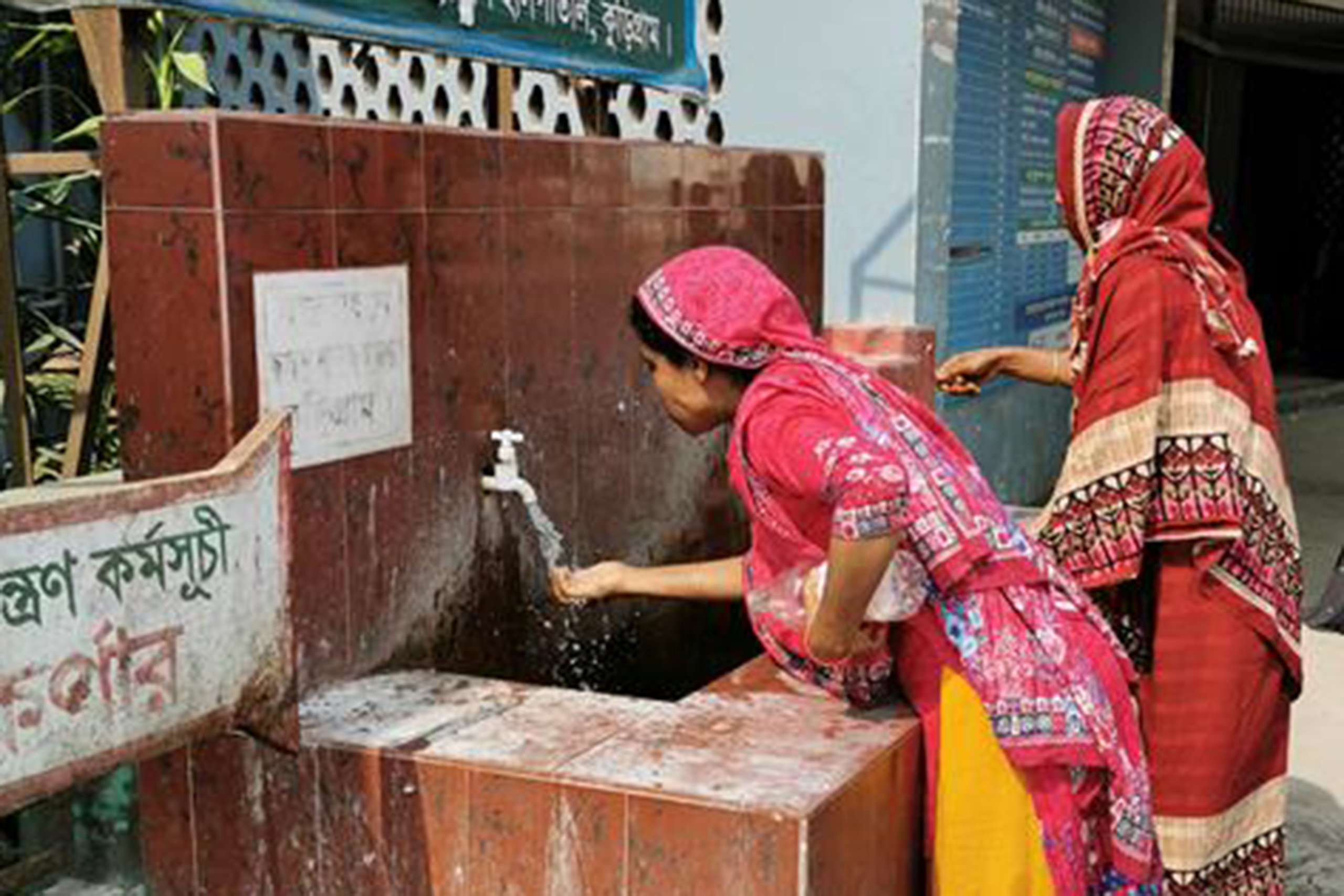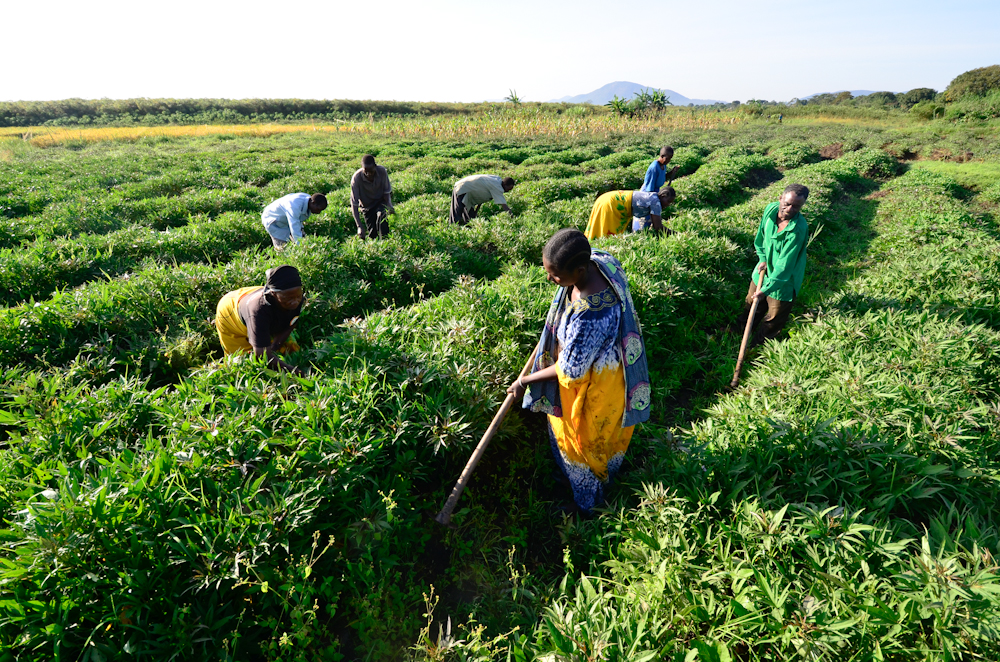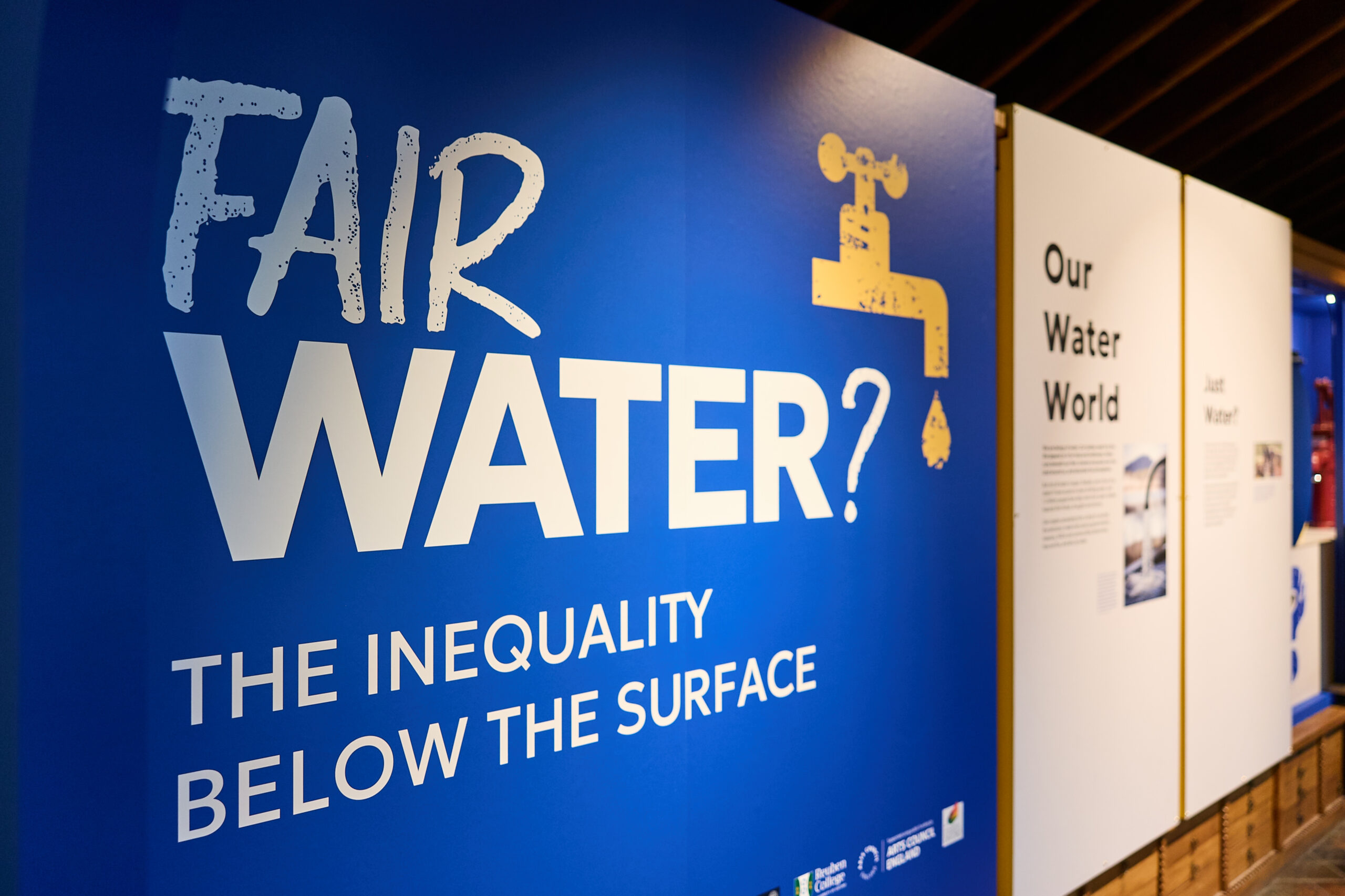
Improving water security for the poor
Stories of Change
Between 2015 and March 2025, the REACH programme worked with government, UNICEF, academic institutions, private sector and civil society partners to improve water security for 10 million people in Africa and Asia.
These partnerships have been central to REACH’s work and success, but the path to change is never linear. Our Stories of Change document key findings and the impact our work has had in the form of case studies.
They range from influencing policy and practice, to developing new cutting-edge models, tools and technologies, to empowering early-career, women and researchers from the Global South and more.
Overall, they underscore the value of science, inter-disciplinary research and partnerships for improving the lives of people in Africa and Asia and beyond.
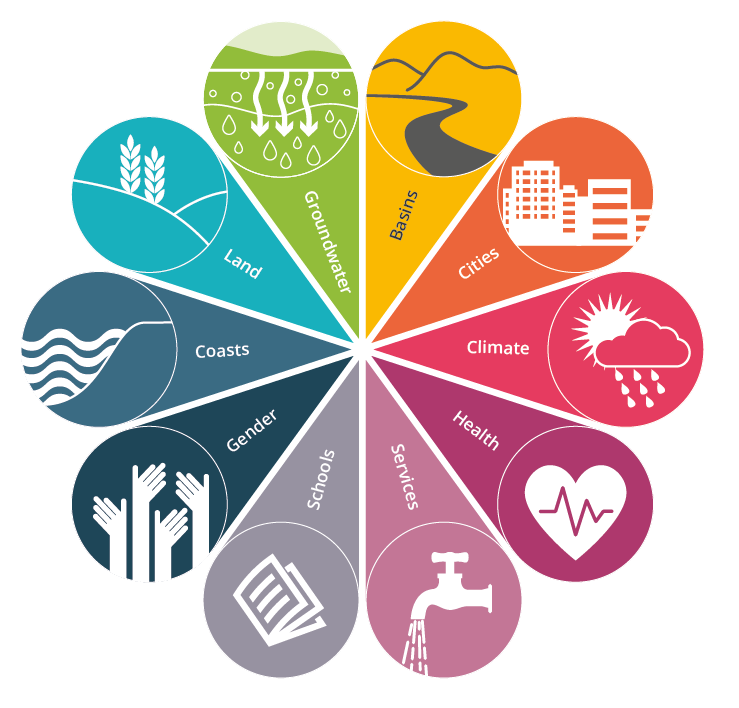
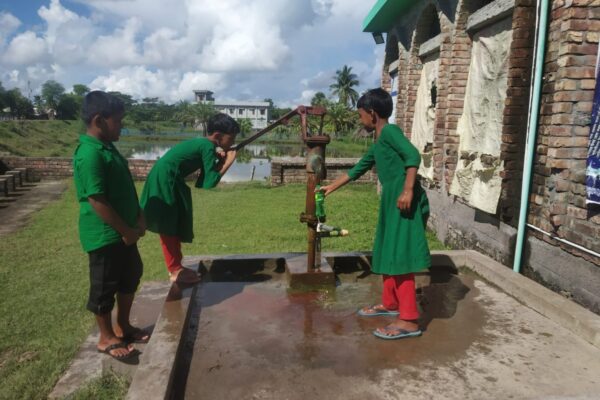
Schools
The SafePani model: Delivering safe drinking water in schools and healthcare centres | Bangladesh
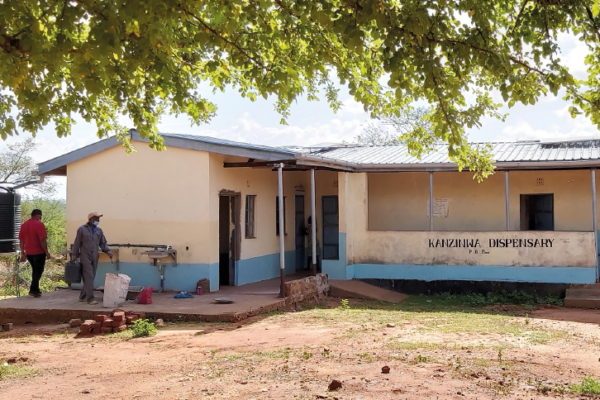
Health
Enhancing climate resilience of water, sanitation & hygiene services in healthcare facilities | Kenya
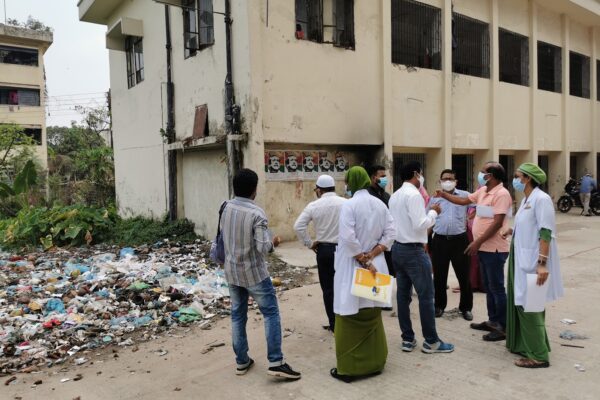
Health
Making water safe for maternal & neonatal care in hospitals | Bangladesh
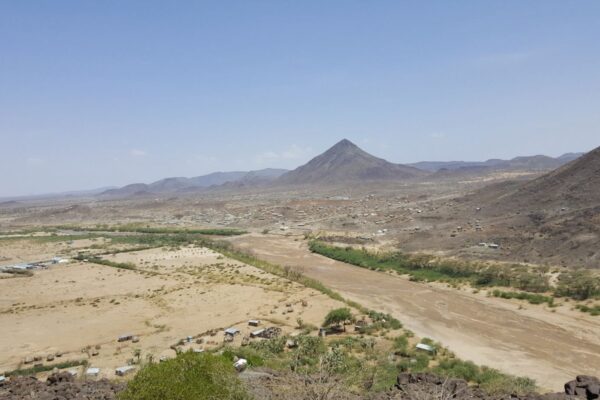
Groundwater
Protecting groundwater for climate resilience and water security in Turkana | Kenya
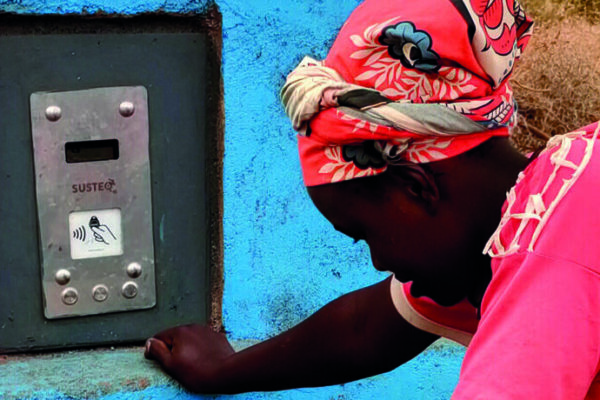
Services
Scaling up results-based funding for rural water services | Kenya
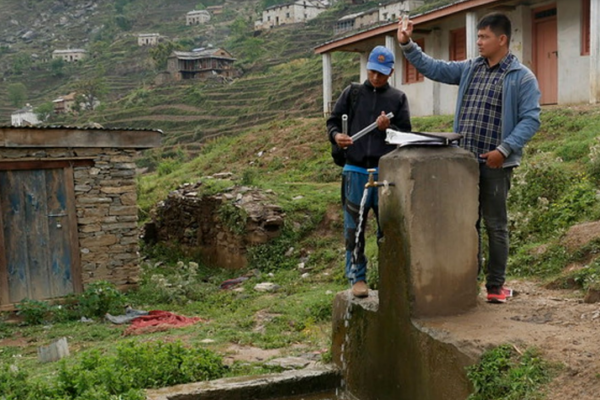
Services
Fit-for-purpose labs for monitoring and managing rural water supplies | Nepal
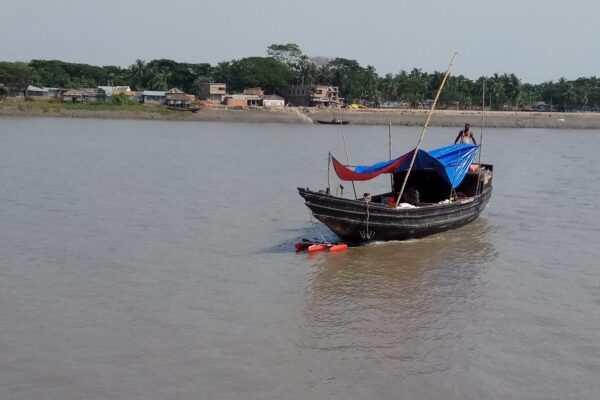
Coasts
Sustainable management of sedimentation risks in coastal rivers | Bangladesh
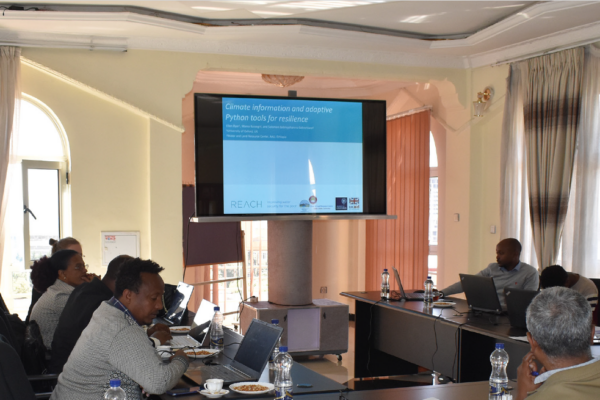
Climate
Open source tools and skills for climate information flows | Ethiopia
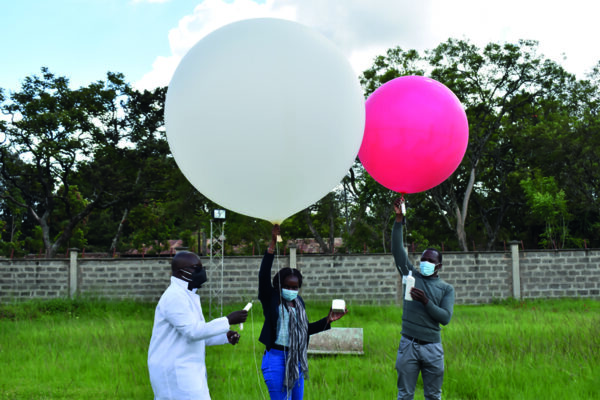
Climate
Turkana Jet research unlocks new understanding of East African droughts | Kenya
Groundwater
Improving water security in Ethiopia through integrated use of surface and groundwater resources | Ethiopia
Policy
Water law reform to improve water security for vulnerable people in Africa: A hybrid water law | Africa

